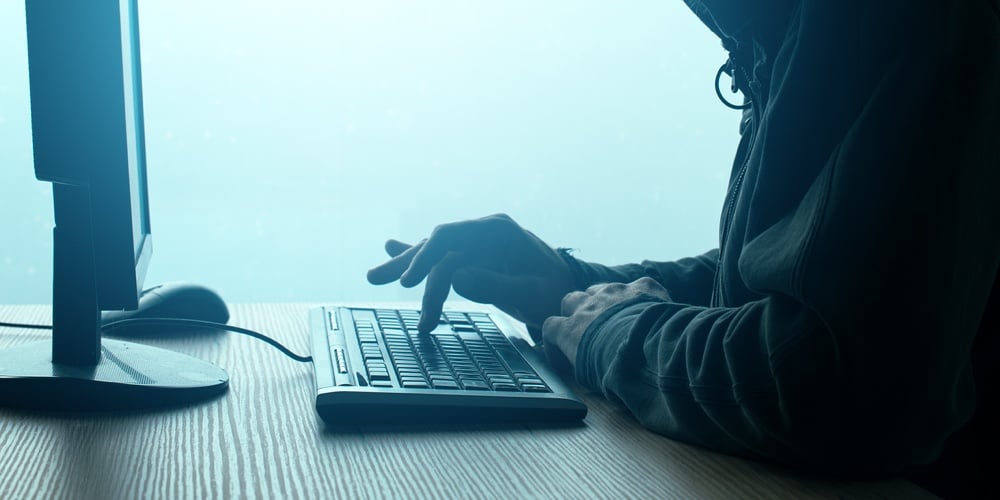Identity theft is a real threat and it can be damaging to your finances and personal life. Make sure you’re doing all you can to keep yourself safe during this holiday season. Here are 5 things you can do to stay protected.
Secure your passwords: Stop using the word ‘password’ as your password. People actually do this. And don’t use your mother’s maiden name. It’s time to get sneaky. Create a complex password that only you can remember. For instance, maybe you’re a big Yankees fan. Design a passphrase like, “I think the Yankees will win the World Series in 2018! Then use the initials, symbols, and numbers from that phrase to create your password. That would look like this: IttYwwtWSi2018! Nobody’s going to guess that one. According to howsecureismypassword.net, it would take a computer 16 billion years to crack that password.
Shred sensitive information: Your weekly routine probably involves dragging your trash can out to the street on trash day. Make sure when this happens, you’re not throwing anything away that an identity thief could find valuable. Anything that contains account numbers, banking information, or social security numbers would be gold for a thief. Get online, buy a paper shredder and put it to work. This is the easiest way to help yourself stay protected.
Check your credit report: If checking your credit report isn’t something you do regularly, you should make it one. If a thief opens up an account in your name, this will affect your credit score and that can be an easy red flag to detect. Although it used to be a hassle, there are a few sites that provide free credit reports these days. If you need a suggestion, check out Credit Karma. I’ve been using this service for a while and I’ve been super pleased.
Be careful with the internet: Cybercriminals can get your information a few ways, one of which is phishing. Phishing is when a cybercriminal defrauds you of sensitive information by posing as a legitimate company that you trust. Make sure you never click a link in an email that’s asking you for personal information. You’ll never get an email like this if you didn’t request it, and even then, contact the company and have it verified. Also, make sure you’re not doing sensitive things like logging into your bank website from a coffee house’s Wi-Fi.
Monitor your accounts: My online banking got hacked once. Fortunately, because I login quite often, I noticed a pending transaction that I wasn’t aware of. Because I caught it in the pending phase, I was able to cancel it and save myself the headache of having to get my money back. I still closed the account and opened a new one, but it showed me the importance of regularly looking at my accounts and keeping a close eye on my money.







